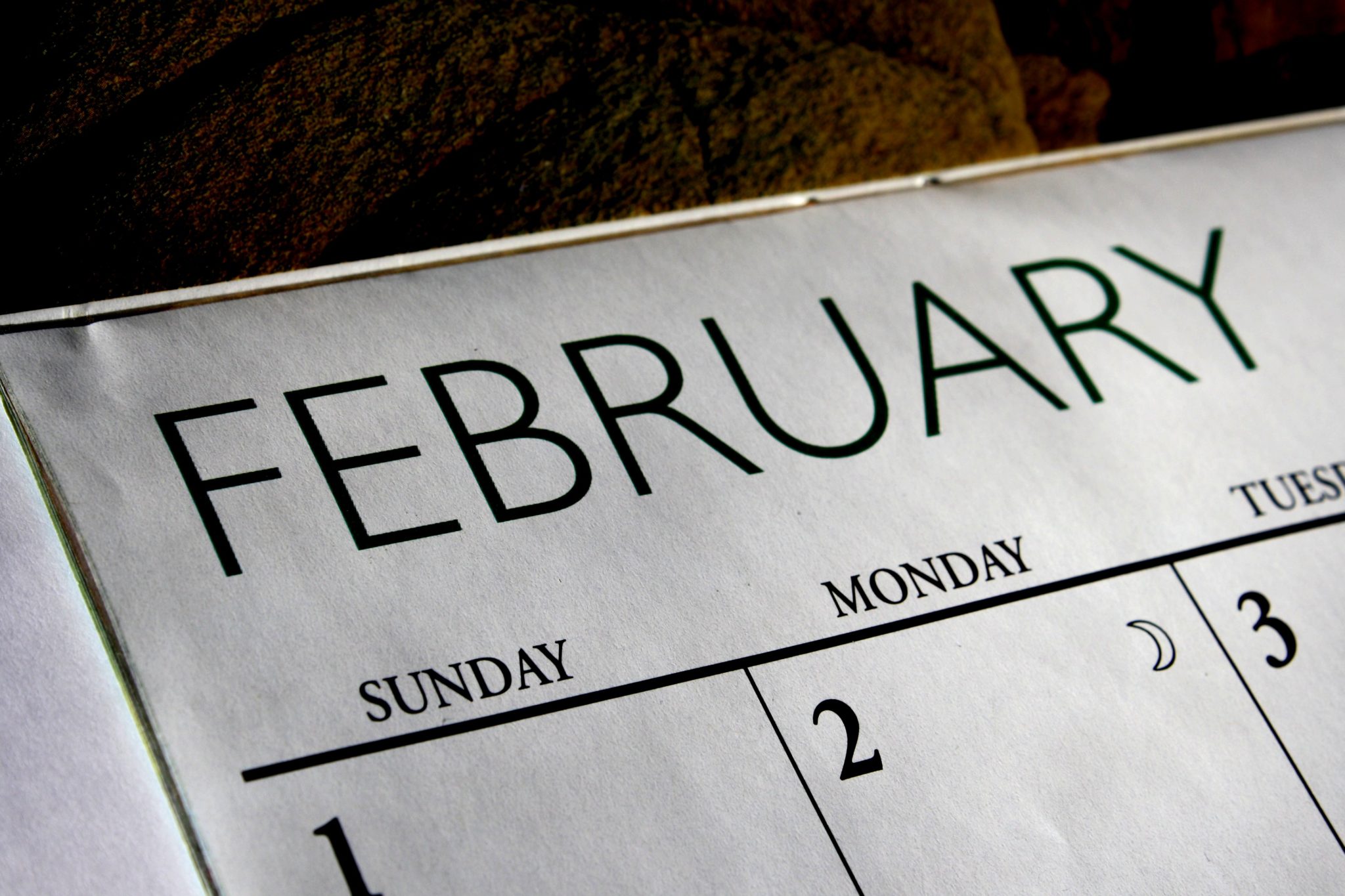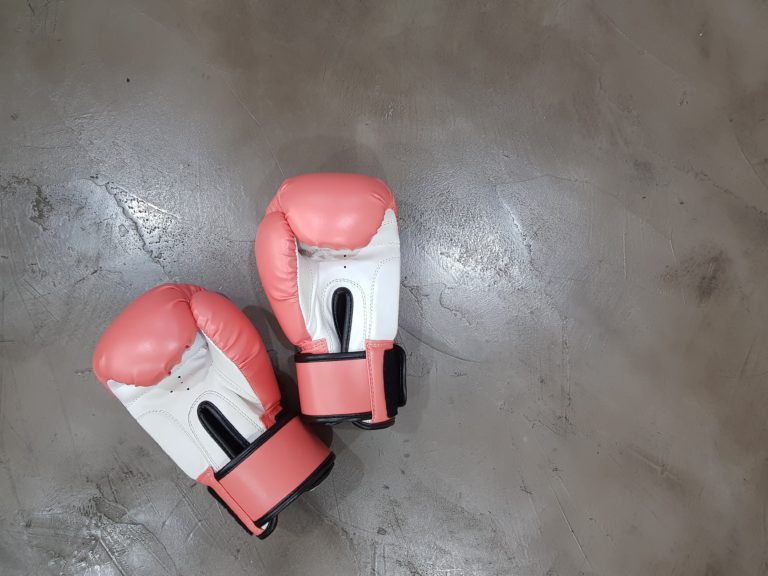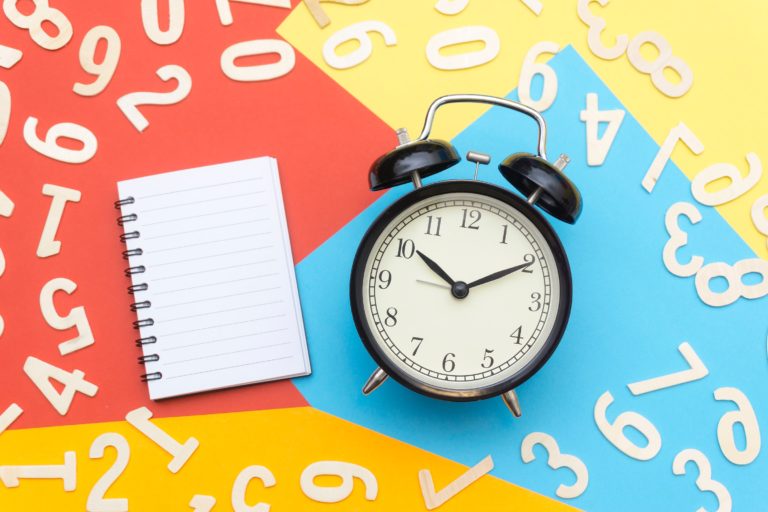For a full recap of the February 19th, Nevada debate numbers, head here. Six…
February Debates: What We Saw

February may be the shortest month of the year, but it’s been packed with debates. There have been primary debates across the country, from New Hampshire to Nevada, and last night in Charleston, SC, candidates took the stage for the last time before Super Tuesday, the primary voting day when more than a third of all delegates for the Democratic National Convention are up for grabs. There’s been a slightly different configuration of candidates making the stage each time, but one constant has been two of the three women candidates left in the race: Senators Amy Klobuchar and Elizabeth Warren. The Barbara Lee Family Foundation has studied the obstacles and opportunities women face when running for office for the past 20 years, with a focus on executive office, and here’s what we noticed:
Emphasizing – and reemphasizing – qualifications
It’s been a theme in the 10 Democratic primary debates so far and something that won’t be changing anytime soon: The women on stage consistently bring their answers back to their qualifications. Which makes sense because, over and over again, research has shown that women need to do more to prove their qualifications and that when it comes to running for executive office, it’s especially important to voters that women candidates show they can get results. Warren made a pointed comparison to Sanders in South Carolina that did just that: “Bernie and I both wanted to help rein in Wall Street. In 2008, we both got our chance. But I dug in. I fought the big banks. I built the coalitions, and I won.” Klobuchar has also been quick to pivot to results, with “I’m the only one with receipts” being incorporated into many of her debates.
Because qualifications are so important for women candidates to emphasize, errors on the trail can be especially harmful to women. We saw this when Klobuchar couldn’t recall the name of the Mexican president during an interview, and Pete Buttigieg said in the Nevada debate that this undermined her argument that she is experienced. Klobuchar pushed back on this, accusing Buttigieg of mocking her and calling her “dumb,” and Warren stood up for Klobuchar, saying, “Missing a name all by itself does not indicate that you do not understand what’s going on. And I just think this is unfair.”
The double standard when it comes to “angry” women
In electoral politics, being called angry is a tried-and-true attack on women candidates, which plays into the stereotype that women are “too emotional” for politics. Men get to be “passionate,” but women who act the same way are “angry.” Throughout these three debates, Klobuchar and Warren have both shown righteous anger – perhaps mostly famously Warren’s exchange with Bloomberg in Las Vegas over his company’s NDAs – and the coverage has been mixed, with some speculating about whether this is the year we overcome that stereotype.
While both women candidates on stage exhibited anger at certain points during February’s debates, it’s essential to contrast their behavior to that of many of the men on stage, who yelled, pointed, interrupted, and talked over each other often throughout these debates. A moment in the February debates that stands out? This exchange between Joe Biden and Amy Klobuchar in South Carolina:
In a larger discussion over gun control, Amy Klobuchar and Joe Biden went head-to-head over the “boyfriend loophole” #DemDebate pic.twitter.com/50FkfVtzP1
— TIME (@TIME) February 26, 2020
This moment echoed for many a moment between Biden and Warren in October’s debate. Voters still expect women to be above the fray, so it’s doubtful Warren and Klobuchar could engage in the same activities without criticism. But they can’t be too far out of the fray – Warren was criticized after her New Hampshire debate performance for “failing” to assert herself.
The “electability question” looming large
This nebulous idea of who is “electable” has lingered throughout the Democratic primary, and February’s debates were no exception. Warren was the third highest vote-getting in Iowa, and Klobuchar was the third highest voter-getter in Nevada, yet there have been some calls for them to both “step-aside” to help certain male candidates consolidate power. Electability has been a code word for sexism throughout 2020, and 8 in 10 voters reject the idea that America isn’t ready for a woman president.
Moreover, research shows that one of the biggest indicators of electability is being able to go toe-to-toe against opponents on the debate stage, and Klobuchar and Warren have done just that with great success. After her lauded debate performance in New Hampshire, Klobuchar’s campaign got a boost and she went on to come in third in New Hampshire. After Warren’s performance last week, where she pointedly called out many of her opponents on stage, her campaign had a fundraising windfall. It’s tricky to have a “strong” debate performance (just think about the anger double standard), but can pay dividends for women candidates.
Where are the women’s issues?
Despite at least two women moderators in each of February’s debates, questions about women’s issues have been largely missing from the equation. In the New Hampshire debate, they were only brought up in the context of an abortion “litmus test” for judicial nominees. In Nevada, they were only brought up in the context of asking Mike Bloomberg about his company’s NDAs and accused hostile work environment. And in South Carolina, there was another exchange about Bloomberg’s treatment of women, with Warren powerfully asserting, when asked what evidence she had, that she had the accuser’s account: “Her own words.”






